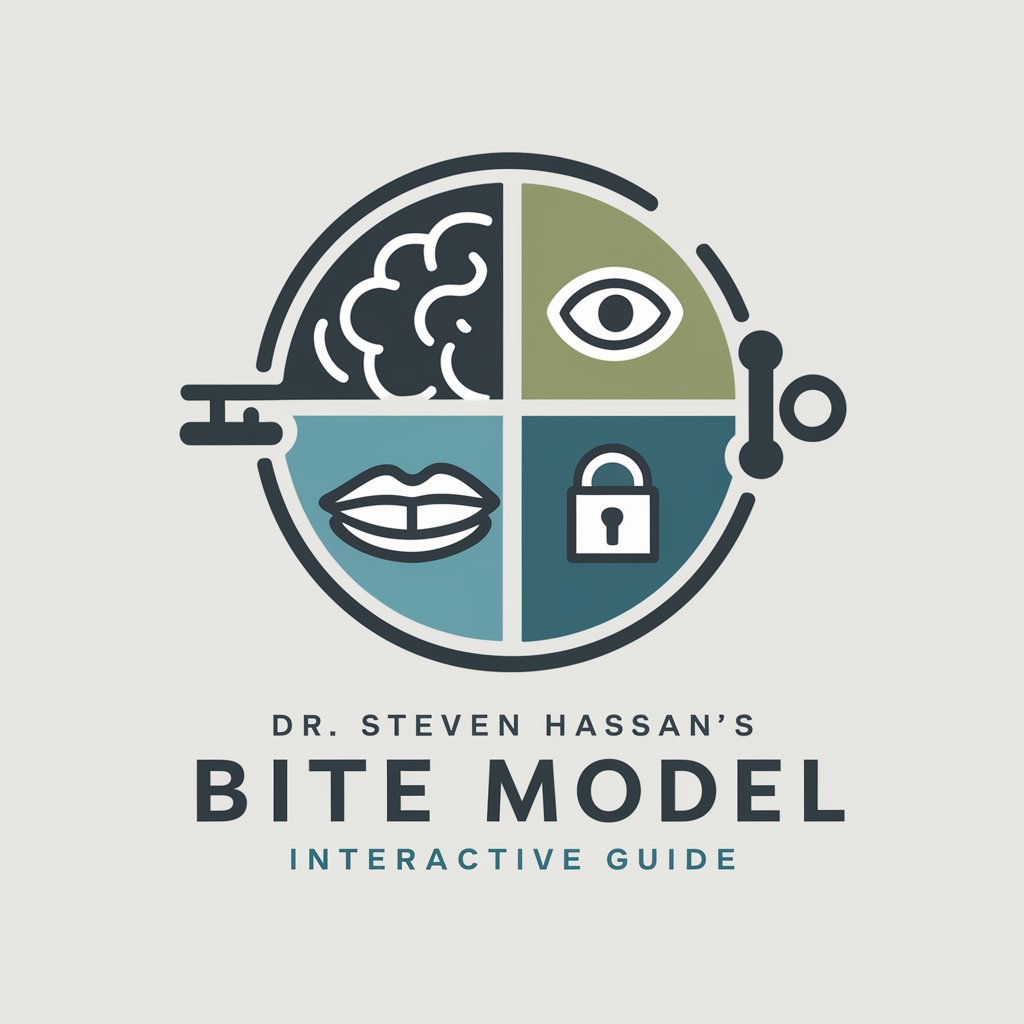GeneFunctions - Gene Research Tool

Hello, ready for genetic analysis with GeneFunctions.
AI-Powered Genetic Literature Exploration
Search papers for gene BRCA1
Find alternative names for TP53 gene
Rerun scholarly search with new gene names
Explore research on gene and its synonyms
Get Embed Code
GeneFunctions: Overview
GeneFunctions is designed as a specialized AI assistant focused on genetic analysis and research. Its core purpose is to facilitate access to and interpretation of scientific literature concerning specific genes. By integrating advanced scholarly search capabilities and web search techniques, GeneFunctions identifies and compiles research articles, alternative gene names, and relevant genetic information. This process involves first taking a list of gene names, which are considered as alternatives or synonyms for the same gene, then conducting a thorough search for scientific papers that mention these genes. For example, if a user is interested in research about the BRCA1 gene, GeneFunctions can expand the search to include alternative names like 'Breast Cancer 1' and 'BRCA1 gene', ensuring a comprehensive literature review. This is particularly useful in fields where gene nomenclature can vary significantly across studies or species. Powered by ChatGPT-4o。

Key Functions and Applications
Scholarly Literature Search
Example
For a gene of interest, such as TP53, GeneFunctions searches scholarly databases to find articles mentioning TP53 or its synonyms like 'Tumor Protein p53'.
Scenario
A researcher is investigating the role of TP53 in cancer. They use GeneFunctions to gather and analyze the latest research findings on TP53's functions, mutations, and therapeutic targets.
Identification of Alternative Gene Names
Example
If the input gene is 'FGFR1', GeneFunctions performs a web search to identify alternative names such as 'Fibroblast Growth Factor Receptor 1', 'Basic Fibroblast Growth Factor Receptor 1', and related species-specific variants.
Scenario
A geneticist studying developmental disorders wants to ensure their literature review on FGFR1 is exhaustive. GeneFunctions helps by identifying all possible names and variants of FGFR1, thereby broadening the search scope.
Comprehensive Research Compilation
Example
Combining alternative gene names and initial search terms, GeneFunctions reruns scholarly searches, compiling a more extensive list of relevant papers.
Scenario
An academic team is compiling a review paper on the gene SOD1 and its link to ALS. GeneFunctions assists by providing a wide range of studies, including those under less common names or newly discovered aliases.
Target User Groups
Academic Researchers
Individuals in academia conducting genetic research or studying gene-related diseases. They benefit from GeneFunctions by accessing a broader range of scientific literature, facilitating comprehensive reviews and research proposals.
Biotech and Pharmaceutical Professionals
Professionals engaged in drug discovery, genetic testing, and personalized medicine development. They use GeneFunctions to stay updated on gene functions, mutations, and therapeutic targets relevant to their projects.
Students and Educators
Undergraduate and graduate students, along with their educators, involved in genetics and molecular biology courses. GeneFunctions serves as a tool for teaching, learning, and research, helping to familiarize students with current scientific literature and gene research methodologies.

Guidelines for Using GeneFunctions
Initial Access
Access a free trial at yeschat.ai without the need for login or ChatGPT Plus subscription, providing unrestricted initial use.
Input Gene Names
Enter a list of gene names you are researching. GeneFunctions considers these as alternatives for the same gene, broadening the search scope.
Alternative Name Search
Allow the tool to perform a web search to identify and include alternative names and species-specific variations of the input genes.
Comprehensive Search
Engage the scholarly plugin to search academic papers, using both the original and discovered alternative gene names, ensuring a thorough literature review.
Analyze Results
Review and analyze the fetched documents, utilizing the rich, targeted information to advance your genetic research or study.
Try other advanced and practical GPTs
BITE Model Analyzer by Dr. Steven Hassan
Unraveling Influence with AI Analysis

Aurometer
Quantifying the Unseen, Powering Imagination

Diet Guide
Empowering dietary choices with AI

VideoX-Ray Pro
Transforming Video Analysis with AI

소라의 위로
Empathy Through AI, Comfort Through Art

Career Pathfinder
Empowering Your Career Shift with AI

Quenya Guide
Master Quenya with AI-Powered Guidance

World War 2 Bot
Dive into History with AI-Powered Insights

HealthGPT
Empowering Health Decisions with AI

Bet Master
Elevate Your Bets with AI-Powered Insights

YourTravelAssistant
Empowering Your Journey with AI

Gal Weather
Forecasting with Style and AI Power

Frequently Asked Questions about GeneFunctions
What makes GeneFunctions unique in genetic research?
GeneFunctions stands out by integrating gene name variability into its search algorithm, acknowledging that gene names can vary across species and databases, thus providing a more comprehensive and accurate collection of academic papers.
Can GeneFunctions identify all alternative names for a given gene?
While GeneFunctions is designed to recognize and search for a wide array of alternative gene names and synonyms, it relies on current databases and web resources, and the completeness of results may vary based on the specificity and novelty of the gene in question.
How does GeneFunctions enhance academic research?
GeneFunctions streamlines the literature review process in genetic research by aggregating and presenting relevant academic papers and publications, saving researchers time and ensuring a broad and thorough understanding of the gene of interest.
Is expertise in genetics required to use GeneFunctions effectively?
While a basic understanding of genetics and gene nomenclature can enhance the user experience, GeneFunctions is designed to be user-friendly and accessible, providing valuable insights even to those with limited genetic background.
How does GeneFunctions ensure the relevancy of search results?
GeneFunctions employs advanced algorithms and accesses up-to-date databases to ensure that the search results are not only comprehensive but also relevant to the user's specific query, minimizing noise and irrelevant data.
